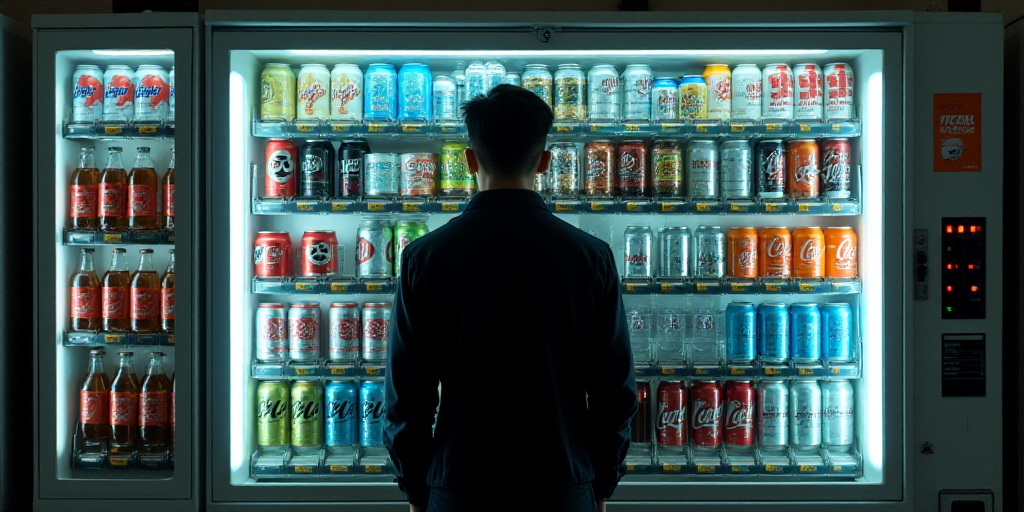Background on the Issue
Cuauhtémoc Rivera Rodríguez, the leader of the Alianza Nacional de Pequeños Comerciantes (ANPEC), has raised concerns about the proposed “health tax” on high-calorie, sugary, or flavored beverages. This tax is set to be implemented next year and is expected to impact more than 60,000 small businesses, potentially jeopardizing 120,000 jobs.
Small Business Leaders’ Concerns
Following a demonstration outside the Chamber of Deputies, members of ANPEC expressed their opposition to the increase in the Excise Tax (IEPS) included in the 2026 Economic Package. They argue that the proposed 87% increase in IEPS for flavored beverages, along with new taxes on light beverages and a 160% to 200% rise in cigarette prices, will negatively affect small businesses and lead to job losses.
Rivera Rodríguez’s Statements
Rivera Rodríguez warned that the proposed tax increase will strengthen the illegal cigarette trade, as 3 out of every 10 cigarettes sold in the country would likely be contraband. He also stated that:
- More than 60,000 small businesses will struggle to stay afloat due to the tax burden.
- 120,000 self-employed positions will be at risk.
- The term “health tax” is misleading, as no tax can genuinely promote health.
Historical Context and Effectiveness
Rivera Rodríguez pointed out that after 11 years of implementing similar taxes, the measure has failed as a public health policy. He argued that it did not reduce chronic diseases and failed to fund programs such as school water fountains or physical education.
Furthermore, he highlighted that the government has not clarified how the funds collected from this tax have been used over the past 11 years. He emphasized that without proper labeling, it is invalid to claim that the increased IEPS will generate health-specific funds.
Criticism of the 2026 Economic Package
Diputada Noemí Luna from the PAN criticized the proposed “health tax” in the 2026 Economic Package, stating that ANPEC members distribute over 60% of daily consumption products in the country. She argued that, under the guise of “health taxes,” the government aims to increase revenue since current finances are insufficient. Additionally, she pointed out that the public debt is expected to reach 20 trillion pesos.
Key Questions and Answers
- What is the proposed tax about? The government plans to implement a tax on high-calorie, sugary, or flavored beverages.
- Who opposes this tax? Small business leaders, represented by the Alianza Nacional de Pequeños Comerciantes (ANPEC), are against the proposed tax.
- Why do they oppose it? They argue that the tax will negatively impact more than 60,000 small businesses and put 120,000 jobs at risk.
- Has this tax been effective in the past? According to ANPEC, similar taxes implemented 11 years ago have failed as a public health policy, as they did not reduce chronic diseases or fund related programs.
- What are the concerns regarding tax revenue? Critics argue that the government has not clarified how the funds collected from this tax have been used, and without proper labeling, it is invalid to claim that the increased IEPS will generate health-specific funds.






